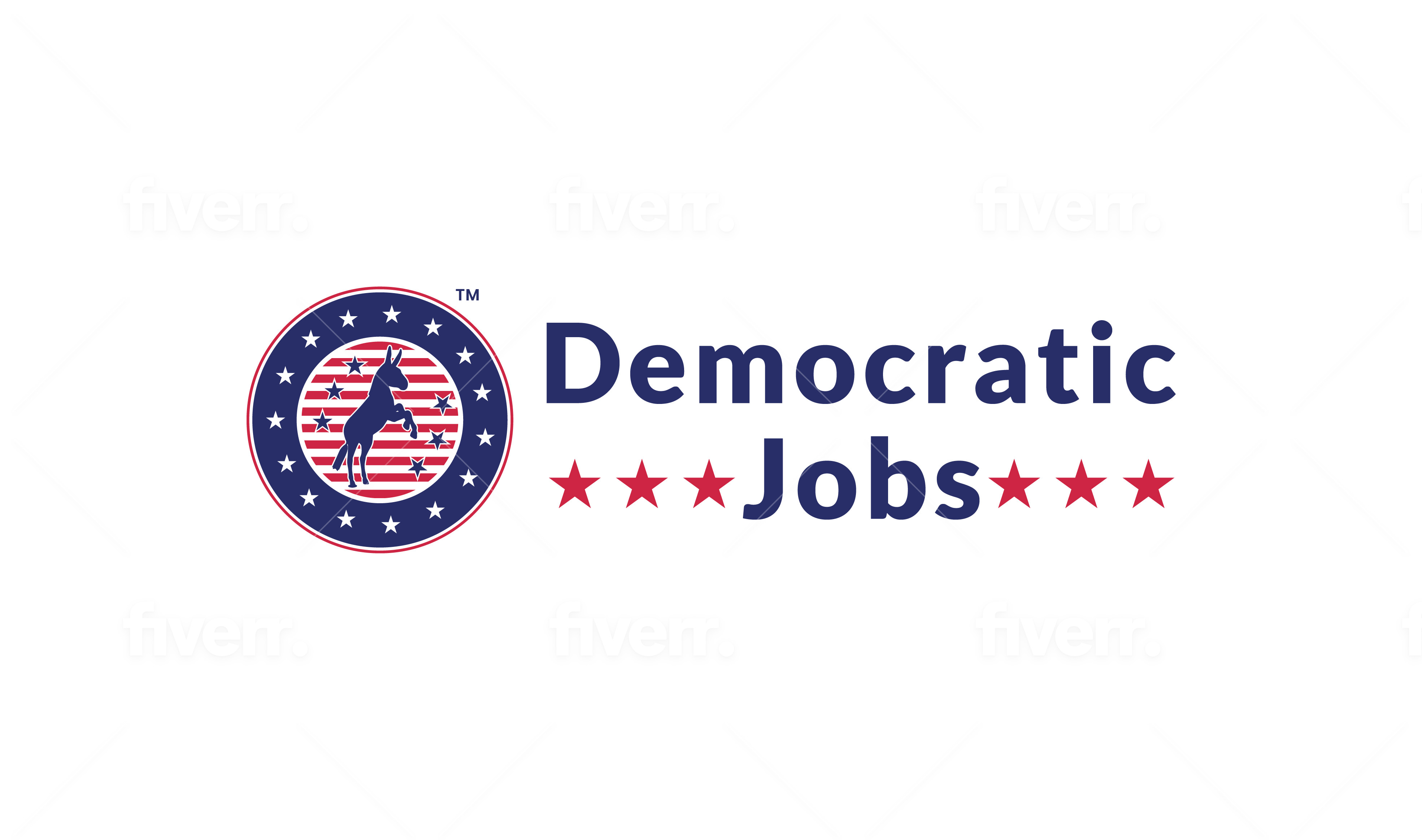
Most recent tweets on Democratic Jobs
Posted by Jim Jones on 2023-12-14
Tweets from individuals, labor leaders, and experts discussing the merits and challenges of democratic workplaces" would be a rich and diverse collection of insights, opinions, and analyses focusing on the concept of democratic workplaces. This feed would encompass a range of perspectives and topics, as detailed below:
-
Expert Analysis on Democratic Workplaces: Tweets from economists, sociologists, and business experts providing in-depth analysis of democratic workplaces. This might include discussions on the theoretical underpinnings of democratic work models, how they differ from traditional hierarchical structures, and their potential impact on the broader economy.
-
Comparative Studies: Some tweets might delve into comparative studies, contrasting democratic workplaces with conventional job structures. These comparisons could focus on aspects like organizational efficiency, employee morale, financial performance, and adaptability in different economic climates.
-
Case Studies and Success Stories: Tweets highlighting specific case studies of companies and organizations that have successfully implemented democratic principles. These could include firsthand accounts from employees and managers, showcasing how such models have impacted their daily work life, decision-making processes, and overall job satisfaction.
-
Challenges and Criticisms: Not all tweets would be positive; some might critically examine the challenges and limitations of democratic workplaces. Issues such as decision-making efficiency, scalability of such models, and the balance of power in employee-managed firms would be common topics of discussion.
-
Labor Leader Perspectives: Insights from labor leaders and union representatives on how democratic workplaces align with or differ from traditional labor goals and practices. These tweets might discuss the role of unions in democratic workplaces, collective bargaining dynamics, and the protection of worker rights.
-
Employee Experiences and Testimonials: Personal anecdotes and stories from employees working in democratic settings. These tweets would provide a ground-level view of the day-to-day realities of working in such an environment, covering aspects like job satisfaction, workplace dynamics, and personal growth.
-
Research Findings and Academic Perspectives: Academics and researchers might tweet about recent studies and findings related to democratic workplaces. This could include data on employee productivity, innovation rates, and comparisons of employee well-being across different workplace models.
-
Debates and Discussions: Lively debates and discussions between proponents and skeptics of democratic workplaces. These threads might delve into philosophical discussions about the role of democracy in the workplace, the balance between employee freedom and organizational direction, and the future of work in a changing economic landscape.